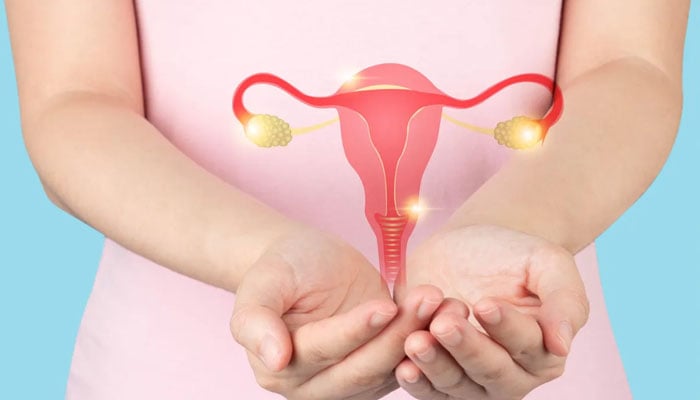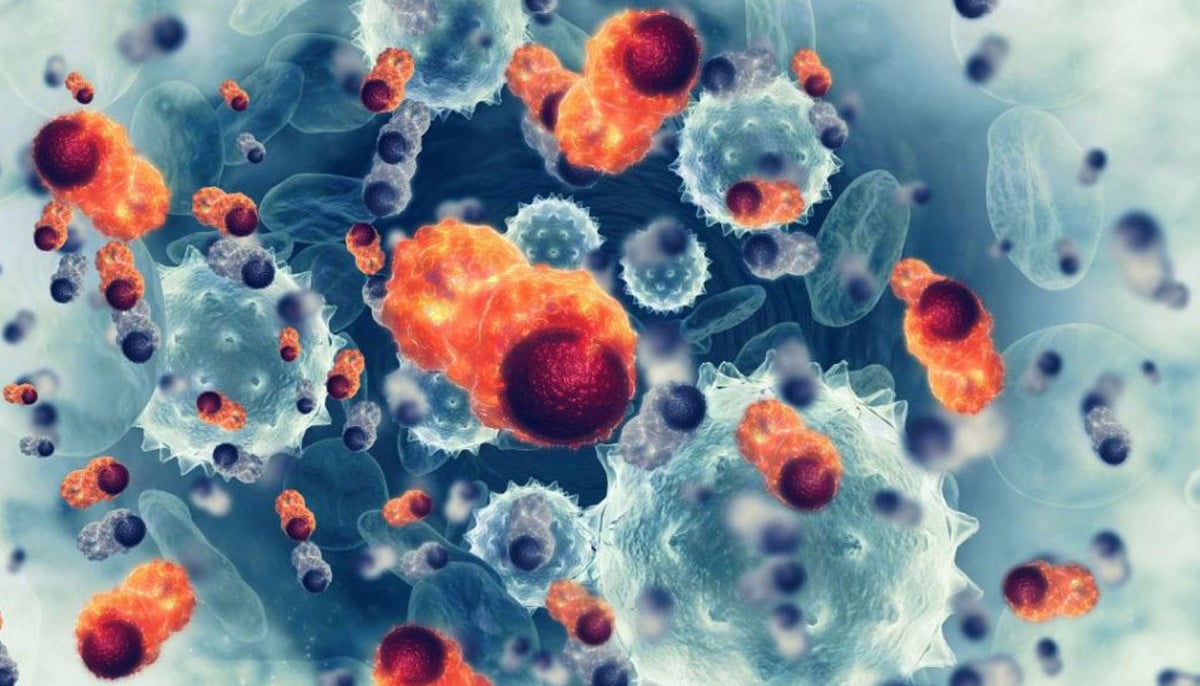BREAKTHROUGH: Early PCOS diagnosis possible through artificial Intelligence, claims study
PCOS is characterised by improper ovarian function and frequently coexists with high testosterone levels
Poly Cystic Ovarian Syndrome (PCOS), the most prevalent hormone problem affecting women, typically between the ages of 15 and 45, can be efficiently detected and diagnosed using Artificial Intelligence (AI) and Machine Learning (ML), claims a recent National Institutes of Health (NIH) study.
Researchers thoroughly examined the published scientific papers that employed AI/ML to diagnose and categorise PCOS and discovered that such programmes were effective at doing so.
"Given the large burden of under- and mis-diagnosed PCOS in the community and its potentially serious outcomes, we wanted to identify the utility of AI/ML in the identification of patients that may be at risk for PCOS," said Janet Hall, M.D., senior investigator and endocrinologist at the National Institute of Environmental Health Sciences (NIEHS), part of NIH, and a study co-author. "The effectiveness of AI and machine learning in detecting PCOS was even more impressive than we had thought."
Challenges of diagnosing PCOS
PCOS is characterised by improper ovarian function and frequently coexists with high testosterone levels. The disease may result in irregular menstrual cycles, acne, excessive facial hair, or head hair loss.
Type 2 diabetes, sleep disorders, psychological issues, heart disease, and other reproductive issues like uterine cancer and infertility are all common risks for women with PCOS.
"PCOS can be challenging to diagnose given its overlap with other conditions," said Skand Shekhar, M.D., senior author of the study and assistant research physician and endocrinologist at the NIEHS. "These data reflect the untapped potential of incorporating AI/ML in electronic health records and other clinical settings to improve the diagnosis and care of women with PCOS."
To find sensitive diagnostic biomarkers that can help with PCOS diagnosis, study authors advised combining sizable population-based research with electronic health datasets and looking at standard laboratory testing.
PCOS diagnostic criteria and role of AI/ML
The diagnosis is made using generally recognised, standardised criteria that have developed over time.
These criteria typically include clinical signs and symptoms (such as acne, excessive hair growth, and irregular periods) as well as laboratory and radiological findings (such as multiple small cysts and an enlarged ovary on ovarian ultrasound).+
Artificial intelligence (AI) is the use of computer-based tools or systems to simulate human intelligence and support prediction or decision-making. ML is a branch of AI that focuses on using knowledge gained from the past to inform present-day decision-making.
AI is a perfect tool for helping with the identification of conditions like PCOS that are challenging to diagnose since it can handle enormous amounts of diverse data, such as that collected from electronic health records.
Review findings
For the previous 25 years (1997–2022), all peer-reviewed studies that used AI/ML to identify PCOS were systematically examined by the researchers.
The researchers found prospective eligible studies with the aid of an expert NIH librarian. They screened 135 studies in total, of which 31 were used for this paper.
Each observational study evaluated how AI/ML technologies were used in patient diagnosis. About half of the investigations included ultrasound pictures. The participants in the studies were, on average, 29 years old.
The detection accuracy of PCOS ranged from 80 to 90% across the 10 studies that employed standardised diagnostic criteria to make the diagnosis.
“Across a range of diagnostic and classification modalities, there was an extremely high performance of AI/ML in detecting PCOS, which is the most important takeaway of our study,” said Shekhar.
The authors point out that AI/ML-based programmes could greatly improve our ability to detect PCOS in women early on, leading to financial savings and a lighter burden of PCOS on patients and the healthcare system.
The seamless integration of AI/ML for chronic health disorders will be made possible by follow-up studies with strong validation and testing procedures.
-
All you need to know guide to rosacea
-
Prevent cancer with these simple lifestyle changes
-
Experts reveal keto diet as key to treating depression
-
Skipping breakfast? Here are some reasons why you shouldn't
-
Sciences reveals shocking body response against heart attack
-
Anti-inflammatory teas to keep your gut balanced
-
Emma Stone reveals she is ‘too afraid’ of her ‘own mental health’
-
5 simple rules to follow for smooth, healthy hair












